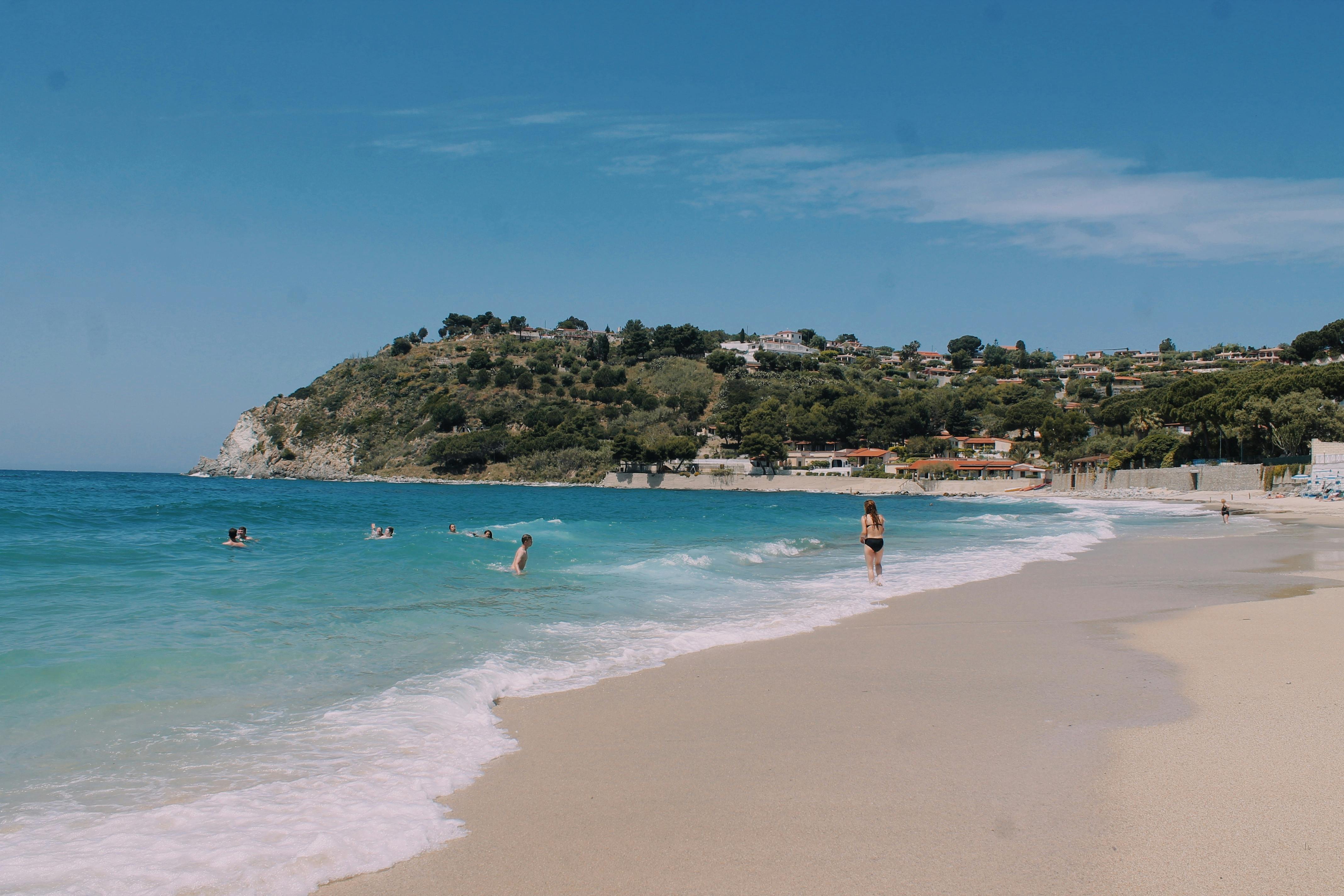Southern Europe’s Summer: Heat Hits Rentals

Summer 2025 has been a real curveball for short-term rentals down in Southern Europe. Demand’s taken a noticeable dip, and it’s not just a feeling; booking patterns and market analyses are showing it. That classic summer rush? It’s being seriously challenged by some crazy heatwaves. This is making folks rethink where and when they travel.
The Heat is On: Why Demand is Dropping
The big story this summer is undoubtedly the extreme heat gripping Southern Europe. We’re talking temps hitting 42°C (107.6°F) and even higher in places like Portugal, which saw a scorching 46°C (115°F). It’s not just uncomfortable; it’s a health risk, leading to more hospital visits for heat-related issues. Experts reckon heatwaves can actually slash tourism revenue by as much as 10-15% in affected areas. It’s no wonder people are looking elsewhere or considering different times to visit.
Southern Europe’s Hot Spots Feeling the Burn
Popular spots like Greece and Spain are reporting a definite downturn. Athens, hitting 40°C (104°F), isn’t as appealing, and southern Spain’s record heat and wildfire threats are really messing with travel plans. Even the coasts, usually a relief, are struggling to offer a cool escape. This shows how climate change is hitting tourism economies hard, region by region.
Why Southern Europe is Extra Vulnerable
It’s a tough fact, but Southern Europe is warming up faster than most places globally. This makes its tourism sector super vulnerable. These aren’t isolated heatwaves; they’re becoming more common and intense. Scientists say heatwaves are now ten times more likely than they were before industrial times. That’s a pretty scary thought for economies that depend so much on predictable summer weather.
The Economic Fallout
When tourism slows down, the economic impact is huge. Tourism makes up about 10% of the EU’s GDP, and this heatwave has already shaved off an estimated 0.5% from Europe’s total GDP, with southern countries feeling it more. This affects jobs, local businesses, and can even increase poverty in tourism-reliant communities. Plus, cranked-up air conditioning means higher electricity bills and the risk of power outages.
Adapting to the New Normal
The industry is starting to react. There’s a growing push for better infrastructure, more emergency planning, and sustainable tourism. Think smarter accommodation management, climate-resilient buildings, and maybe even limiting visitor numbers in super-hot spots. For travelers, this is a wake-up call to be more aware and prepared when planning their trips.
Greece: A Shining Example (Despite the Heat)
Interestingly, Greece has been a real standout in the short-term rental market this year, seeing a massive 45% jump in bookings. This is pretty impressive given the heat challenges. It shows that Greece’s strong cultural appeal and diverse offerings are still drawing crowds, even if some cities like Athens are feeling the heat. It seems longer stays are also becoming more popular there, with bookings over 14 nights up by 22%.
Shifting Tastes: Secondary Cities and Off-Season Travel
People are definitely looking beyond the main tourist traps. There’s a growing interest in smaller cities and less crowded places that offer a more authentic feel. This ties into the rise of off-season travel. As summer gets too hot, travelers are exploring spring and autumn instead, often finding better prices and a more relaxed vibe. It’s like a move away from rushed trips to more immersive experiences.
The Rise of Unique Stays
Forget basic hotels; travelers in 2025 want something different. Unique accommodations, like cool cabins or themed properties, are really taking off. It’s like a “golden age of unique rentals” where memorable experiences are key. If your rental stands out, you’re more likely to get noticed.
Tech and Smart Management are Key
To really succeed in today’s short-term rental market, you need to embrace technology. Dynamic pricing tools, automated guest communication, and professional photos can make a huge difference. Even with prices going up, guests expect more, so hosts need to offer great value and service.
Navigating New Rules
It’s also worth noting that regulations for short-term rentals are getting stricter in many European cities. Places like Paris and Portugal have put limits on rentals, so it’s important to stay on top of these rules.
Looking Ahead: Resilience is the Name of the Game
Southern Europe’s tourism sector needs to adapt. Investing in climate-resilient infrastructure, promoting sustainable practices, and diversifying offerings beyond the summer peak are crucial. Collaboration between governments, businesses, and local communities will be vital to building a more resilient and sustainable tourism future. It’s about creating a tourism model that’s not just profitable but also environmentally responsible and ready for whatever the climate throws at it.
